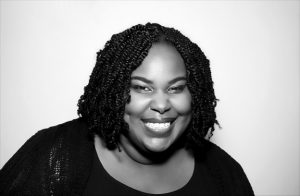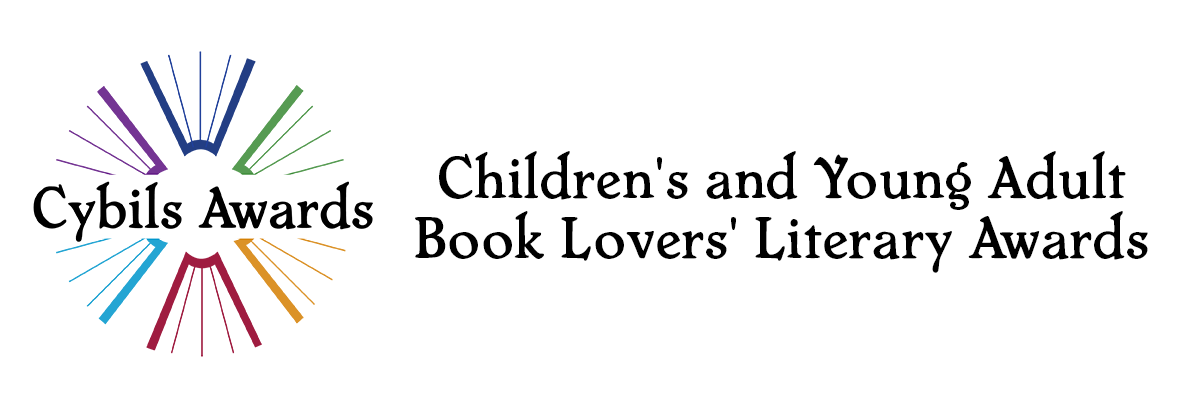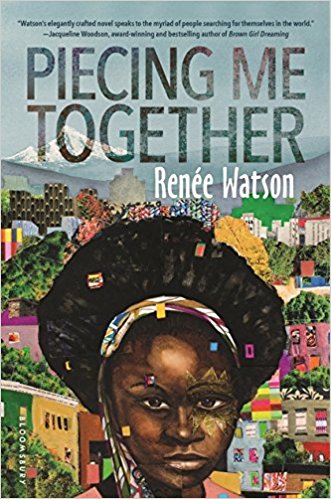What inspired Jade’s story?
I wanted to tell a story that explored the intersections of race, class, and gender. Jade is a little bit of me, a little bit of the girls I met when I worked as a mentor, and a lot of my imagination. I also wanted to set her in Portland, Oregon, where I grew up. The backdrop of Portland was a big inspiration and influenced the story in many ways.
Mentoring plays a big role in your books. Do you have a mentor or have you mentored young people? If so, what is a piece of advice (s)he has given you/you have given?
I have several mentors and I am so grateful to have people to lean on, look up to, and learn from. When I was a teen, I was in programs that assigned mentors to young people and so I know firsthand what it’s like to have an older person come in and offer support and guidance. Growing up, I loved being in these programs. Unlike Jade, I bonded with my teachers and mentors right away and cherished our relationships. They didn’t make me feel like they were coming to save me.
It wasn’t until I became an adult and started working for organizations that mentored young people that I realized the assumptions, stereotypes, and pity that adults who work with young people often have. My advice to people who work with young people in any capacity is to listen more than you talk and apologize when you mess up (when, not if).
 How does your activist and educator roles play a part in your writing? (Or does it?)
How does your activist and educator roles play a part in your writing? (Or does it?)
As a teaching-artist, I spent twenty years teaching poetry and theater in organizations committed to using the arts to as a way to explore social issues. I’ve met teens who are actively raising their voices to make change. They are budding artists, protest poets, and kids who have a lot of questions about why the world is the way it is. I want these young people to have stories that reflect their experiences. I am always thinking of the brave, smart, talented, and curious young people I’ve met when I write and I try to make space for them on the page.
The educator in me tries to create stories where the characters wrestle with the past in order to understand why things are the way they are now, how they can do something—small or big—to make a difference in this world. I hope my books are a catalyst for discussions and a way for teens, educators, and parents to talk about issues that matter.
All of this, I hope, is folded into a good story. I am a storyteller, after all, so instead of focusing on a “message,” I just try to write a good story about a compelling character.
What do you hope readers take away from Piecing Me Together?
I think it depends on the reader. Hopefully there are different take aways for each person who reads Piecing Me Together. Someone might learn something from Sam, Jade’s close friend. Or maybe a reader will really be drawn to Jade’s art. I hope there are many personal things people take away from the characters.
One thing I hope all readers take away is the lesson Jade—and the other characters—learn about what it means to be an advocate for others, yes, but also for yourself. Each main character has to navigate when to speak and when to be silent. I hope readers, especially young people, put the book down and find themselves wanting to speak up about something they want to change.
If you don’t mind telling us, what’s next for you?
My next young adult novel will be published in 2019. It’s a novel I co-authored with my good friend and poet Ellen Hagan called Write Like a Girl. It’s about best friends, (one white, one black) who start a feminist blog for their school club that goes viral after a controversial post.
Besides writing, I am continuing my work with I, Too Arts Collective at the Langston Hughes House in Harlem. We just celebrated our first year anniversary and I’m busy planning teen literary programs and events for our Summer/Fall season.
Thank you so much for your time!
You can find more out about Renée on her webpage and on Twitter.

